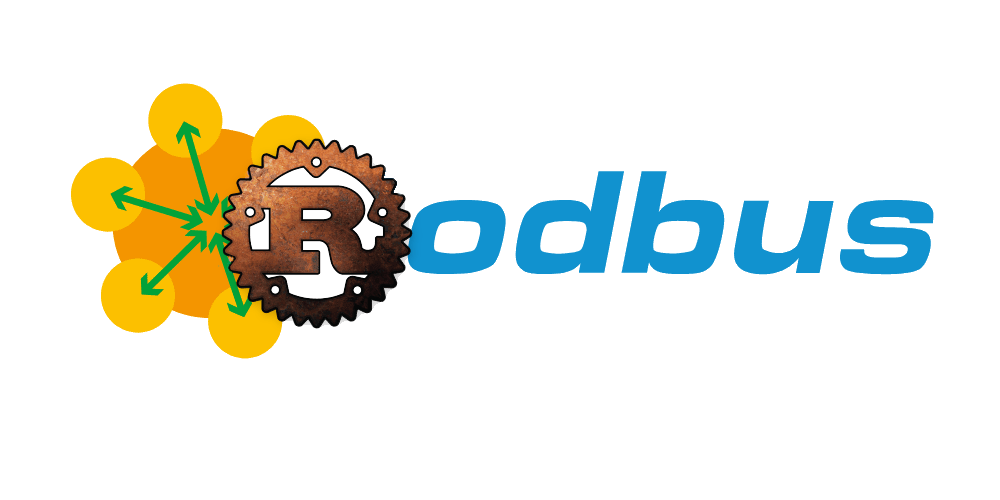Rust + Modbus == Rodbus!

At the S4x20 conference this year in Miami, I gave a talk about the future of the Rust programming language in critical infrastructure. Along with the talk we released Rodbus, an implementation of the Modbus protocol in Rust.
One of coolest thing about Rust’s ecosystem is how easy it makes to download, build, and install command-line tools written in Rust using Cargo. While Rodbus is a full Modbus client/server library, we wanted to provide something for non-developer types as well. There’s a separate crate called rodbus-client that provides a command line Modbus client using the Rodbus library.
Installing rodbus-client
First, follow the instructions provided on the Rust website to install Rust on your OS
The open a console and run:
> cargo install rodbus-client
That’s all there is to it!
Cargo automatically does the following:
- Downloads the crate and all of its dependencies
- Compiles the application as a single executable with no dependencies
- Installs the executable into your
$HOME/.cargo/bindirectory
You can now use your installed Rust program as a Modbus client:
> rodbus-client.exe --help
Modbus Client Console 0.1.0
Simple program to show off client API
USAGE:
rodbus-client.exe [OPTIONS] [SUBCOMMAND]
FLAGS:
--help Prints help information
-V, --version Prints version information
OPTIONS:
-h, --host <host> A socket address [default: 127.0.0.1:502]
-i, --id <id> The unit id of Modbus server [default: 1]
-p, --period <period> Optional polling period in milliseconds
SUBCOMMANDS:
help Prints this message or the help of the given subcommand(s)
rc read coils
rdi read discrete inputs
rhr read holding registers
rir read input registers
wmc write multiple coils
wmr write multiple registers
wsc write single coil
wsr write single register